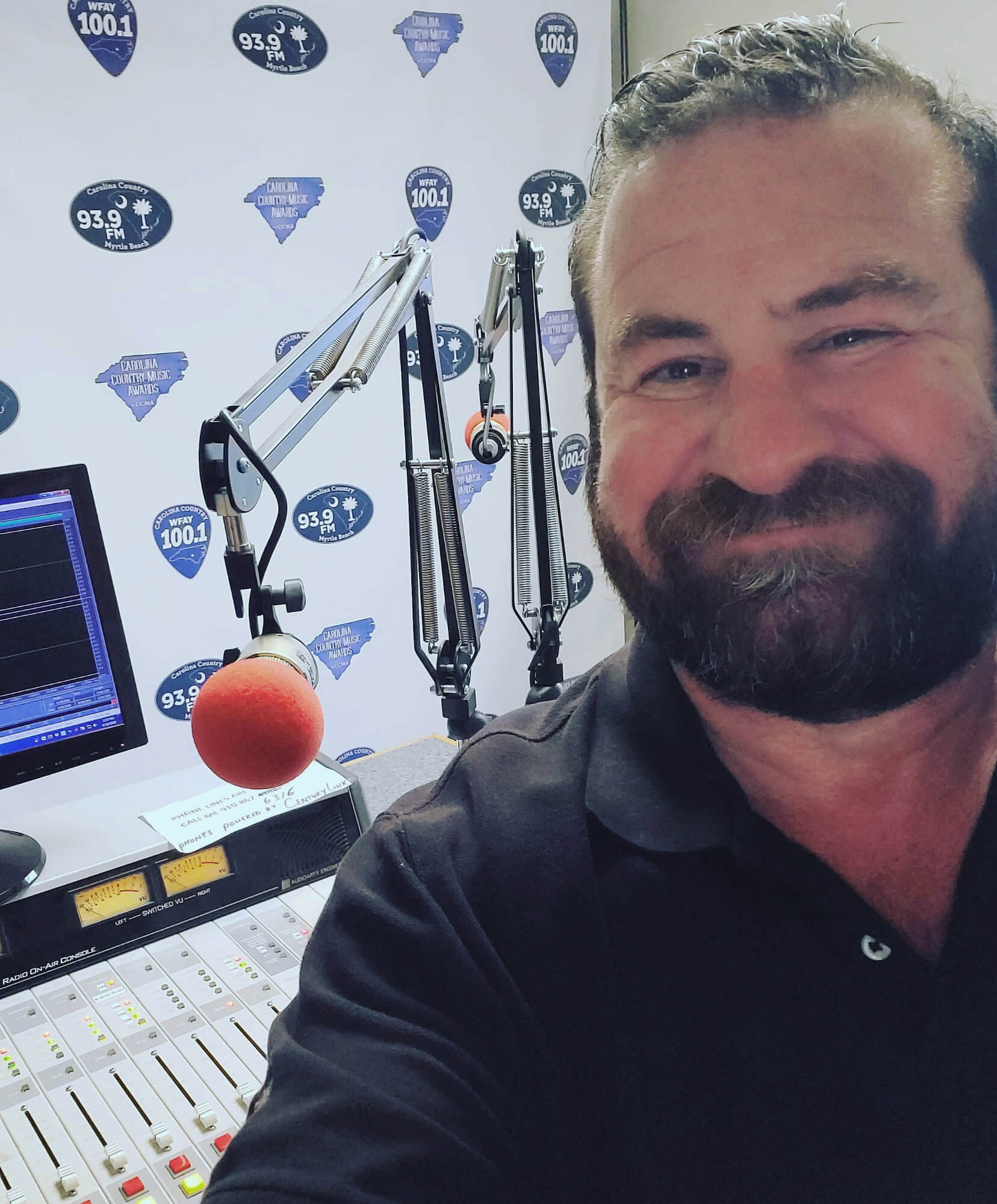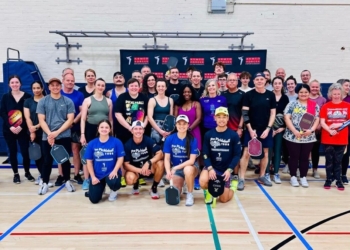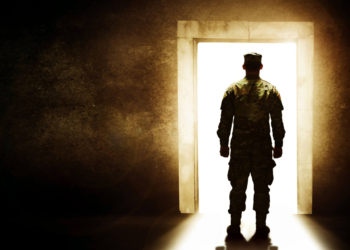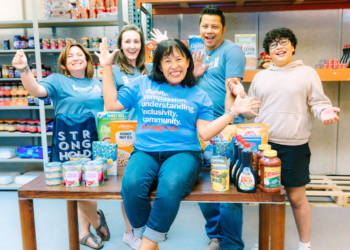Franco Webb served from 1985-2005 in the Army, has spent 33 years as a volunteer first responder, and owns successful IT and security businesses. He’s also Vice Chair of the Military Affairs Council of the Fayetteville, NC Chamber of Commerce. So, he’s acutely dialed into his community — especially when it comes to vets and those who show up to an emergency first. But a three-week period last year at Fort Bragg significantly upped his attention span.
Four soldiers committed suicide, and there was no way he was waiting for someone else to act.
“I said this can’t happen. We’ve got to help these guys,” Webb recalled, and the fourth-generation soldier put in motion a suicide prevention hotline and deployment team.
Under his All-American Patriots Association (AAPANC) banner, deployment is the keyword, and when the call arrives, a 14-member team of veterans mobilizes.
“We track ‘em down, go grab ‘em up, and say, ‘alright you’re coming with us,’” Webb said.
Suddenly surrounded by their own brethren, an ease emerges. But they’re also pretty perplexed to have been found. No mystery, the call is triangulated, and the team pounces.
Of course, some vets volunteer the information, and there’s an immediate relief — the caller truly wants help. A 100-mile radius is currently cast, but not wanting to leave anyone out, Webb envisions a nationwide network.
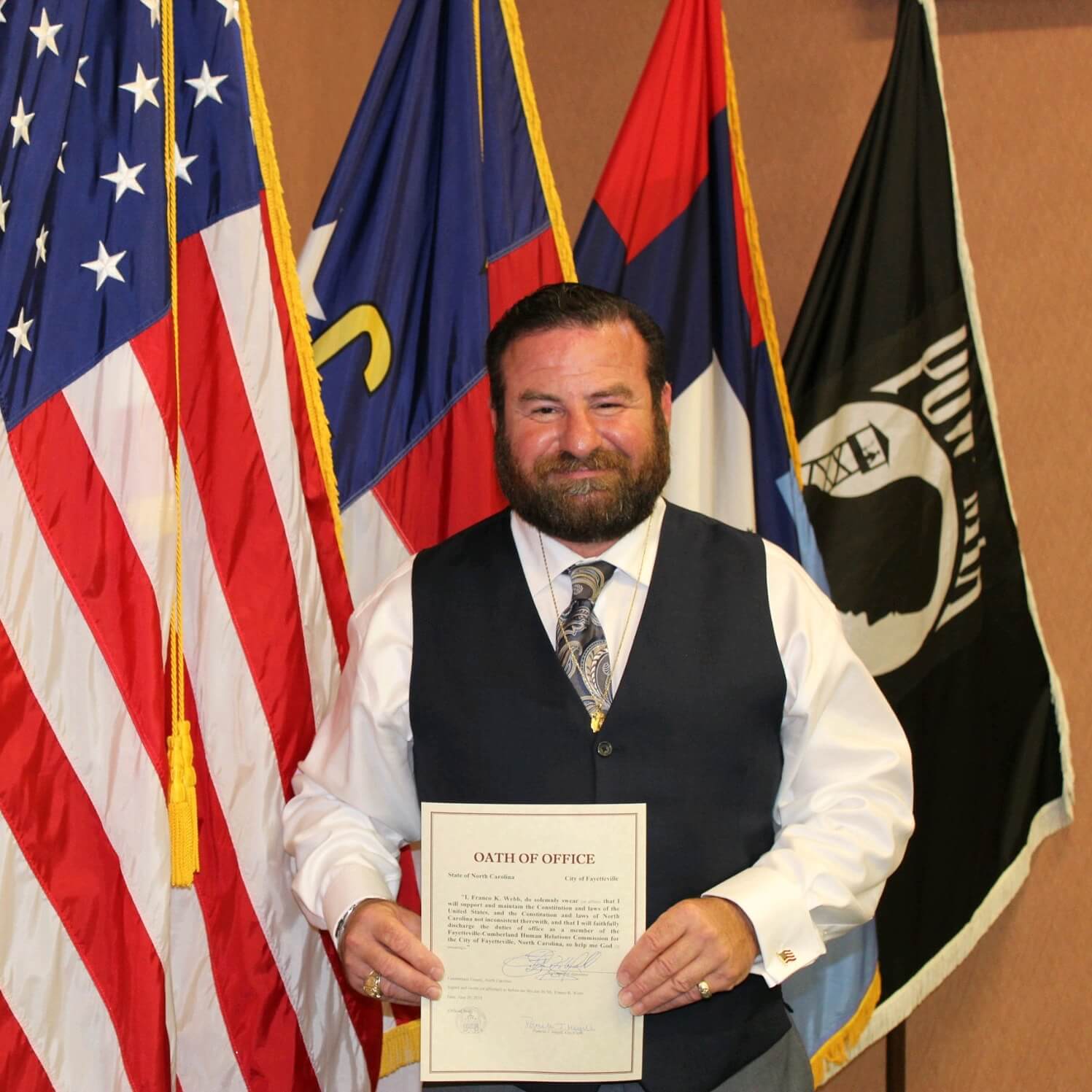
He wants to perfect things before expanding and a year is the projection. That said, the urgency involves supplanting the recording initially heard on the VA’s suicide hotline.
“That is not what you want to hear when you’re sitting there and making your final phone call,” he lamented.
But this idea did not emerge from flawed standard operating procedures. A friend had reached his breaking point and a final call came into Webb. So of course, he implored Bryan Kendrick to hang in, while knowing a phone conversation wasn’t enough.
Kendrick was not forthcoming with his location, though. With his security experience, Webb identified background noise and gleaned clues from the conversation. Soon enough, a directive was issued.
“I said, Bryan, look up,” Webb explained.
The bewildered reaction went right along with Kendrick’s words. “How did you get here,” Webb recalled.
Either way, Kendrick had no choice but to comply.
“I drove him to the VA, and we sat in the car for a while, and I said, ‘you’re going to walk through those doors,’” Webb demanded.
Six years later, the intervention definitely left a mark. Kendrick is the team social worker, and the first to help, according to the founder.
The crossroad that Kendrick reached, though, is all too familiar. A veteran’s career is over, job prospects are unsure, and family life is in disarray.
“All the things that drive somebody to that point, the finality is they lose purpose,” Webb said.
So AAPANC immediately gears up and getting vets and first responders to regain their self-worth is the first order.
“We find out his/her skillset and have them help us at our compound,” Webb said.
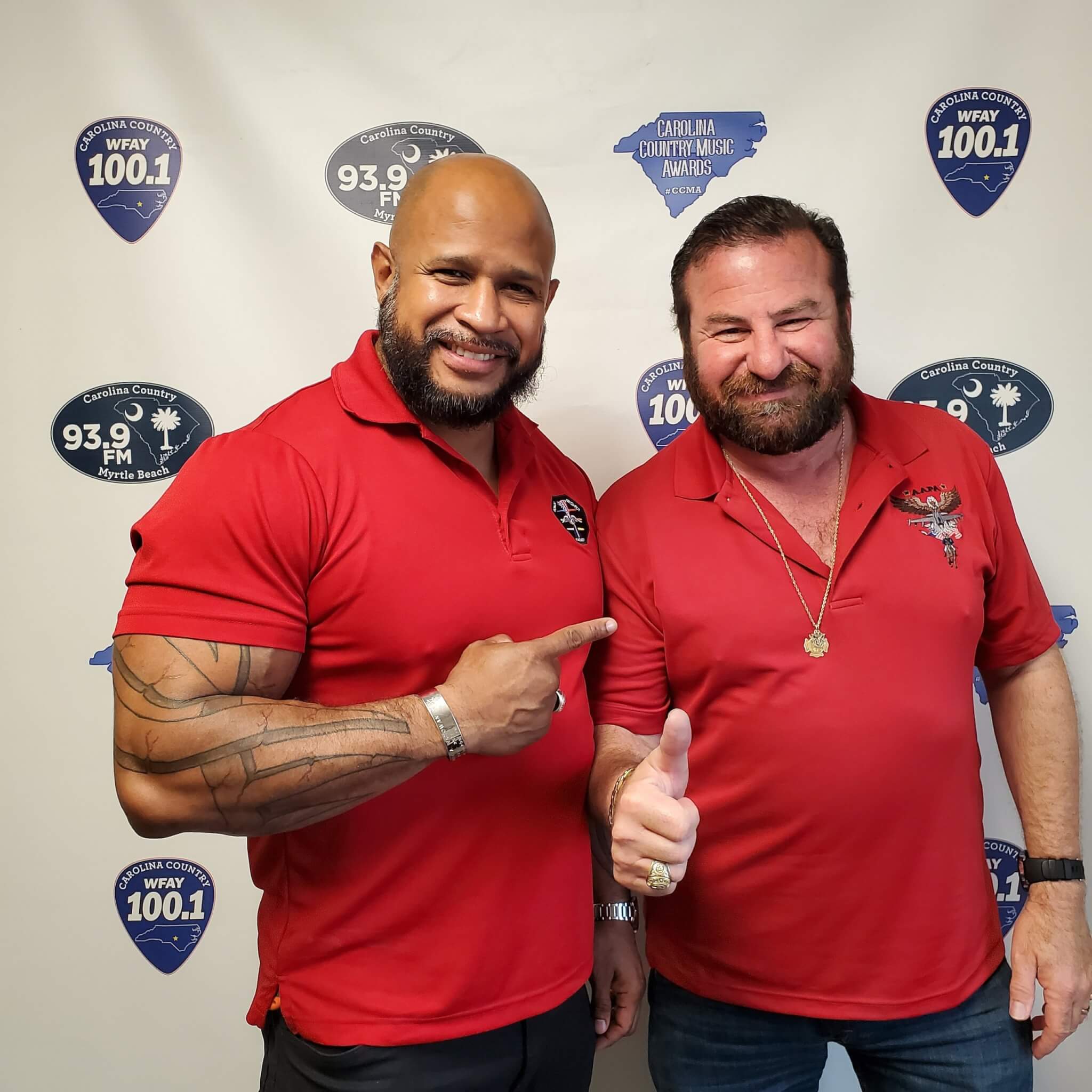
The reemergence initiated, AAPANC provides resume writing and interviewing help and reaches out to partnering organizations to assist the job search.
The team also makes sure behavioral services are presented, but the mission is also preemptive. Reaching out between rotations is paramount, and Fort Bragg commanders are in step.
“So we tell soldiers, it doesn’t make you weak, it makes you strong when you reach out,” Webb said.
The time is also now, and suicides are up from the 22 a day typically reported.
“Covid is a huge factor,” he said.
Work may be sparse or soldiering duties have been cut, while home life has become more stressful and getting out with mates is harder. “There’s just so many factors,” he said.
In the end, Webb asserted that a soldier’s oath has no expiration date and the most important duty is still preserving life.
“I’m hoping we can save everyone who calls,” Webb said, while reaching as many people as possible is the ultimate goal, he added in conclusion.

